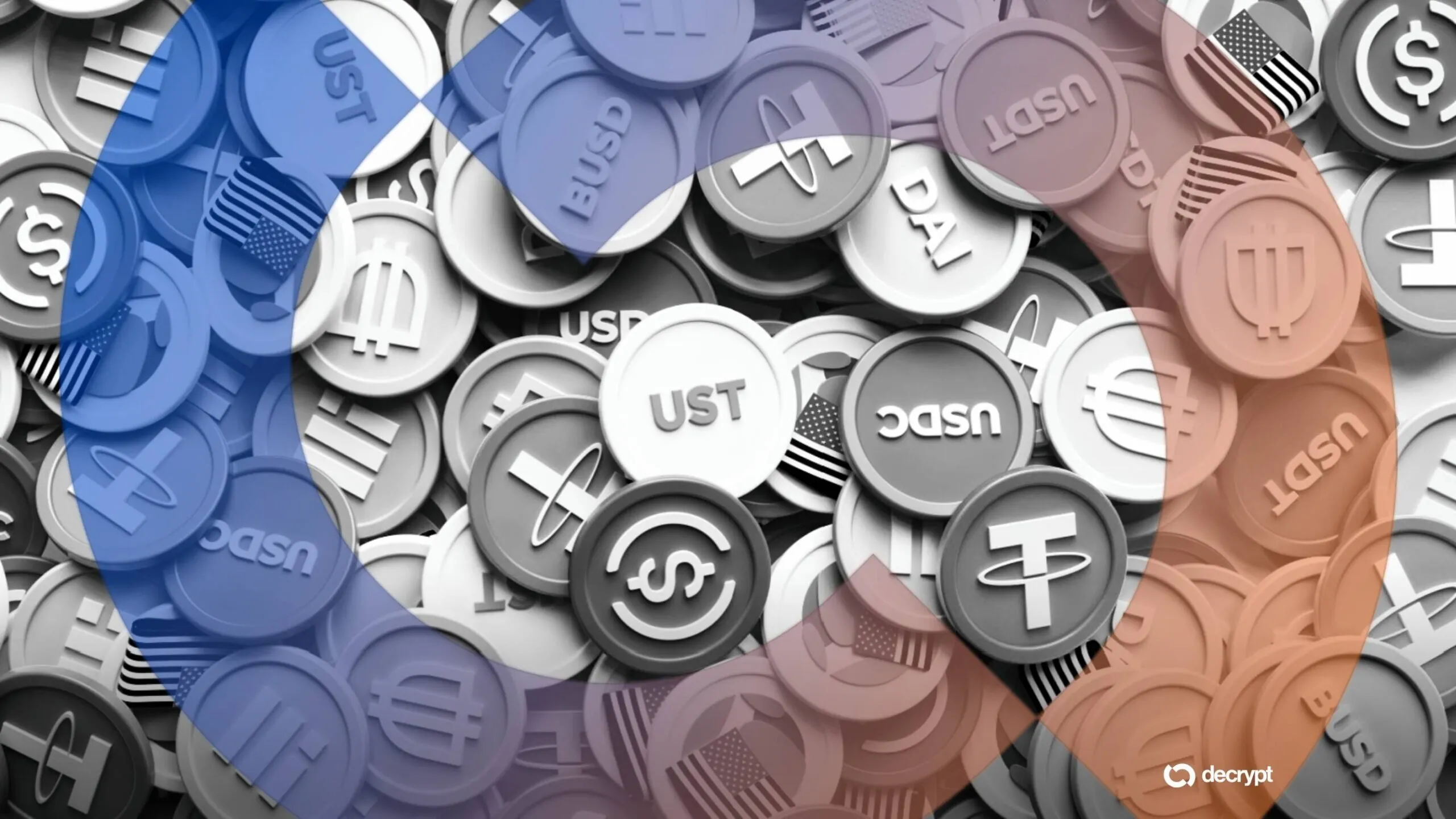In brief
- Citigroup is exploring issuing its own stablecoin for cross-border payments.
- The bank joins a growing list of institutions considering whether to issue dollar-pegged tokens.
- Citi previously engaged in talks with JPMorgan Chase, Bank of America, and Wells Fargo about jointly issuing a stablecoin.
Citigroup is exploring issuing its own stablecoin for cross-border payments, CEO Jane Fraser told analysts in an earnings call this week, adding to the list of banking giants that are also considering stablecoin initiatives.
Citi’s potential entrance into the stablecoin market also underscores the growing interest in an area that was once solely the domain of native crypto firms.
"We are looking at the issuance of a Citi stablecoin.” Fraser said on Tuesday, “We're exploring… reserve management for stablecoins, the on- and off-ramps from cash and coin backwards and forwards.”
Citi has previously signaled its interest in the stablecoin market. It engaged in talks with financial institutions JPMorgan Chase, Bank of America, Citigroup, and Wells Fargo about jointly issuing a dollar-pegged token, The Wall Street Journal reported in May.
A growing number of large financial services firms have also been weighing initiatives that would potentially grow the more than $250 billion stablecoin market.
On Wednesday, Bank of America CEO Brian Moynihan said the company is actively working on a stablecoin, and Morgan Stanley said that it was also looking into stablecoins’ potential uses for its clients. Earlier this week, JP Morgan’s Jamie Dimon shared similar comments with his firm’s investors.
In the analysts call, Fraser referenced Citi’s intentions to make a foray into the stablecoin market to bolster its surging revenue. The bank is poised to challenge issuers like Circle under the U.S.’s emerging regulatory framework for the tokens, which is expected to come into law sometime this year.
“We really welcome the administration's willingness to allow banks to participate in the digital asset space more easily,” Fraser said. “Clients… want multi-asset, always-on, cross-border payments for financing and liquidity.”
“It has been hard for us to participate on a level playing field,” she said.
Tether is the world’s largest stablecoin issuer, processing $127.26 billion worth of transactions in the past 24 hours, according to data provider CoinMarketCap. Its nearest competitor, U.S.-based Circle, processed nearly $16 billion in transactions during the same period, the same data shows.
On Tuesday, Geoffrey Kendrick, the global head of digital assets research at U.K.-based bank Standard Chartered, suggested that the market could triple in size by the end of 2026.
Citibank processes $5 trillion worth of flows across borders in an average day, according to its own data.
Building out blockchain solutions
Citi Token Services, a real-time tokenized deposits platform for cross-border payments and automated trade finance solutions, is already live in four markets, Fraser noted.
However, the bank aims to build out its blockchain-based offerings to be more competitive with crypto-native solutions.
The average cost of a remittances transaction using stablecoins is between 0.5% and 3% of the transfer amount, according to a Coinbase report published in 2024. But, Fraser says the cost can actually be as high as 7%.
“Right now, you're incurring as much as a 7% transaction cost,” she said. “That’s prohibitive.”

